The Experiment Begins
We make thousands of decisions daily — from the obvious (“What should I eat?”) to the subtle (“Should I reply to this email now or later?”). Most of the time, we barely notice we’re choosing at all. But what if someone else made those decisions for us? Specifically, what if AI took over?
Curious (and admittedly a bit tired of decision fatigue), I decided to live a week without making any decisions myself. For seven days, every choice—work, leisure, meals, even what to wear—would be determined by AI.
It sounded wild, maybe reckless. But I was ready to see what would happen.
READ MORE : https://digitalmohit.co.in/
Setting the Rules: How AI Took Control
I created a few ground rules to keep it manageable:
- I’d use ChatGPT, recommendation engines, and AI-powered apps to guide every decision.
- I had the final say to reject something if it felt unsafe or completely impractical.
- No decision meant no stress — just trust the AI.
- I’d journal my experience daily to capture feelings, surprises, and frustrations.
Day 1: The “What Should I Eat?” Challenge
First up, breakfast.
Instead of my usual “whatever’s quick” routine, I asked ChatGPT to generate a meal plan based on my pantry inventory and dietary preferences.
Result? An avocado toast with a twist — sprinkled with pomegranate seeds and a side of turmeric tea.
Verdict: Delicious and Instagram-worthy.
But by lunch, I realized I wasn’t craving the AI’s suggestions — I just craved control. The “freedom” of choice was strangely comforting.
Day 2: Work Priorities by AI
At work, I handed over my task list to an AI-powered productivity assistant that prioritized based on deadlines, impact, and my historical behavior.
It rearranged my day to focus on deep work in the morning, emails in the afternoon, and meetings last.
The result? I got more done. Way more.
But — I felt disconnected. Tasks I would normally skip or delegate were suddenly front and center. I learned that sometimes choosing what not to do is as important as what to do.
Day 3: Dressing by Algorithm
I uploaded photos of my wardrobe and asked an AI stylist to pick my outfits daily.
Result? A bold mix of patterns and colors I never would’ve tried. It felt like wearing someone else’s personality.
It pushed me out of my comfort zone — and sparked conversations (“Hey, love that jacket!”).
Day 4: Leisure and Mindfulness
I let AI suggest meditation apps, podcasts, and breaks.
The meditation session was surprisingly helpful, and the podcast recommendation introduced me to a fascinating story about digital nomads.
But I missed the spontaneous “I feel like watching a comedy now” moments. The rigidity of AI scheduling felt… robotic.
Day 5: Social Plans
Here, AI suggested events and get-togethers based on my calendar and social circle.
It booked a trivia night and recommended I reach out to a colleague I hadn’t spoken with in months.
Both felt rewarding, but a little forced. I realized social connections thrive on unpredictability and genuine interest — not just scheduling.
Day 6: The Emotional Rollercoaster
By now, I was exhausted from relinquishing control.
Some decisions felt great, others felt alienating.
I began questioning:
- Am I lazy or just overwhelmed?
- Does AI understand nuance or mood?
- Is constant decision-making overrated, or is autonomy essential?
Day 7: Reflections & Insights
At the end of the week, I took stock.
What I gained:
- Freedom from mundane decisions helped conserve mental energy.
- AI introduced me to new foods, ideas, and styles I wouldn’t have explored.
- My productivity spiked when AI prioritized effectively.
What I lost:
- A sense of agency — the joy and confidence that come from making my own choices.
- Flexibility — the ability to be spontaneous or change plans on a whim.
- Emotional nuance — AI can’t “feel” what I feel.
The Takeaway: AI as a Partner, Not a Puppet Master
Living a week without decisions was enlightening. It showed me the power of AI to augment, not replace, human judgment.
Decision fatigue is real, and AI can help shoulder some of the load. But autonomy and intuition remain uniquely human strengths.
Instead of surrendering control, the future feels like a dance:
Human intuition leading, AI supporting.
Final Thoughts: Would I Do It Again?
Maybe — but differently.
Next time, I’d let AI handle only the repetitive, low-stakes decisions. For the meaningful ones, I want to stay in the driver’s seat.
And you? How much would you let AI decide your day? Let me know — I’m curious.
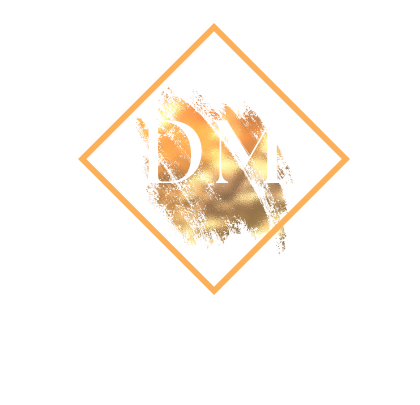

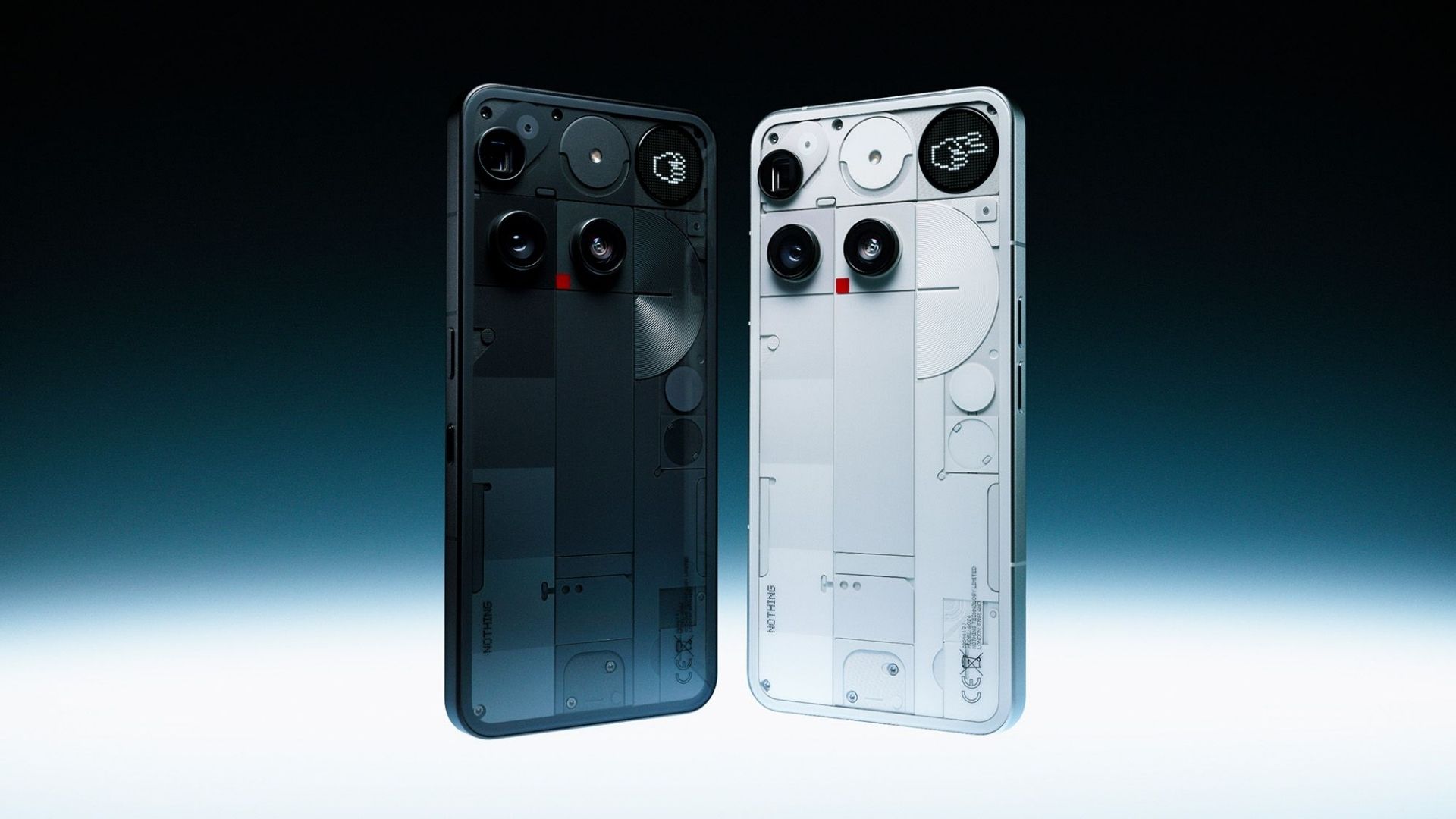


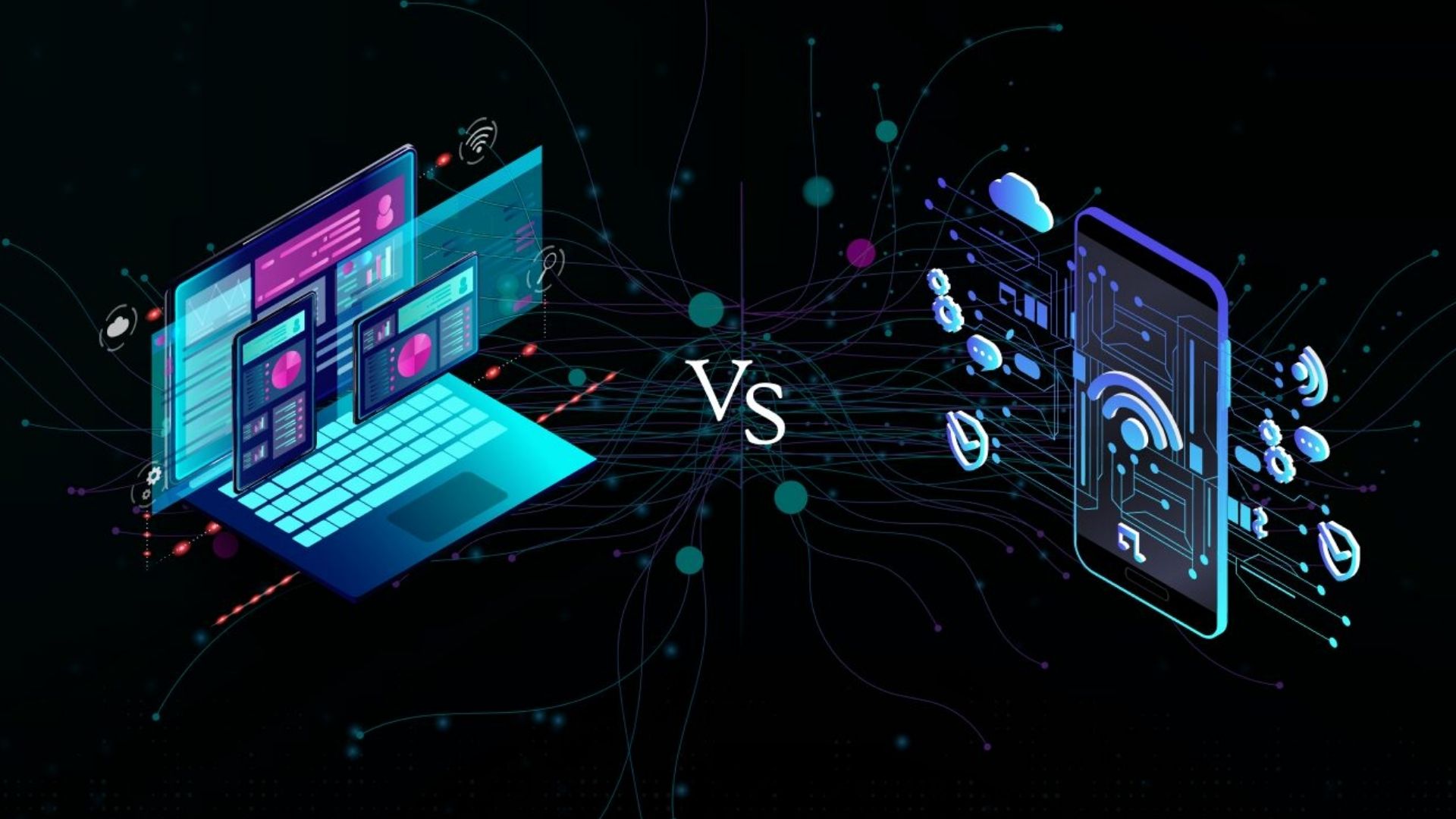

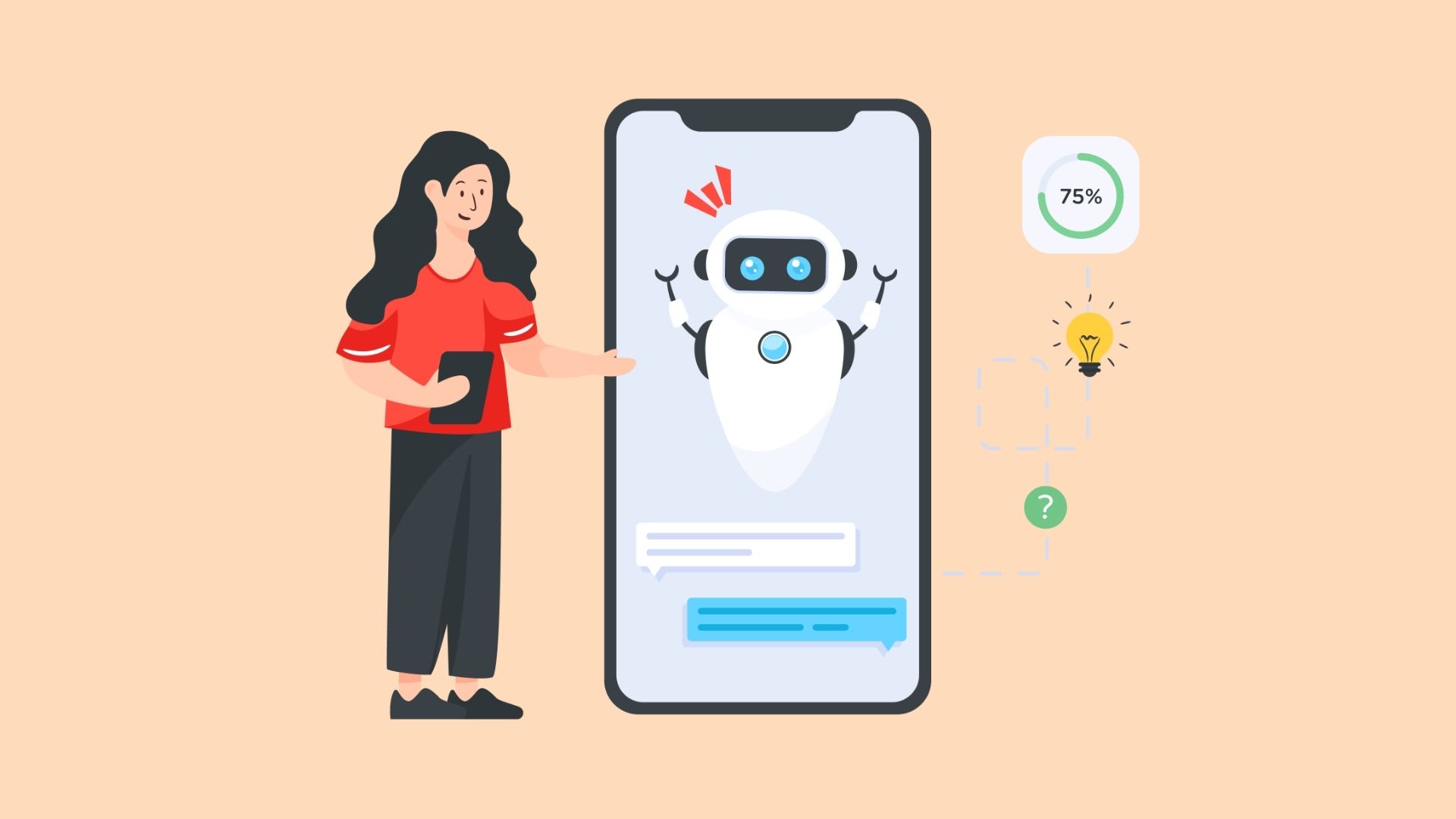






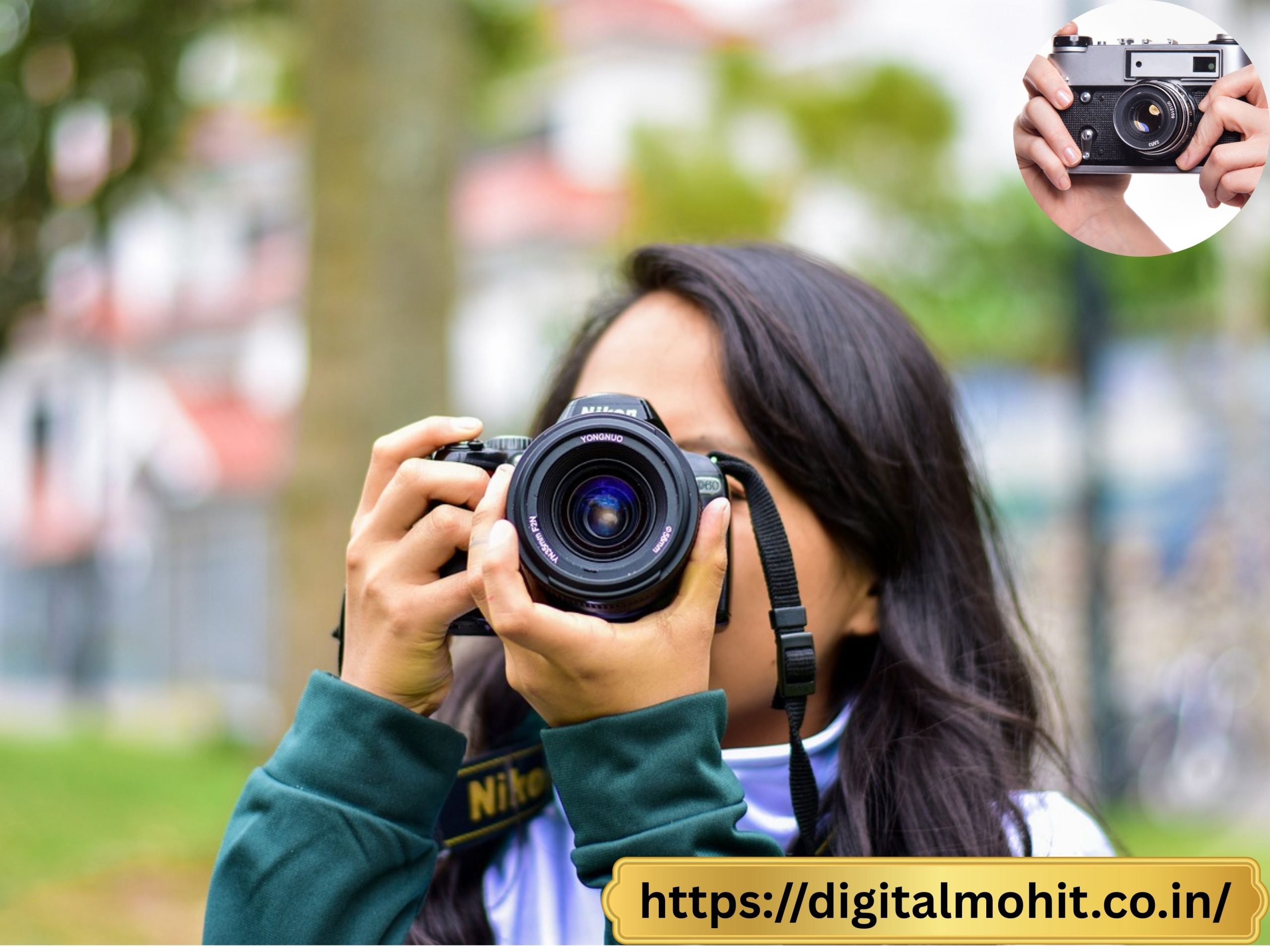

Leave a Reply